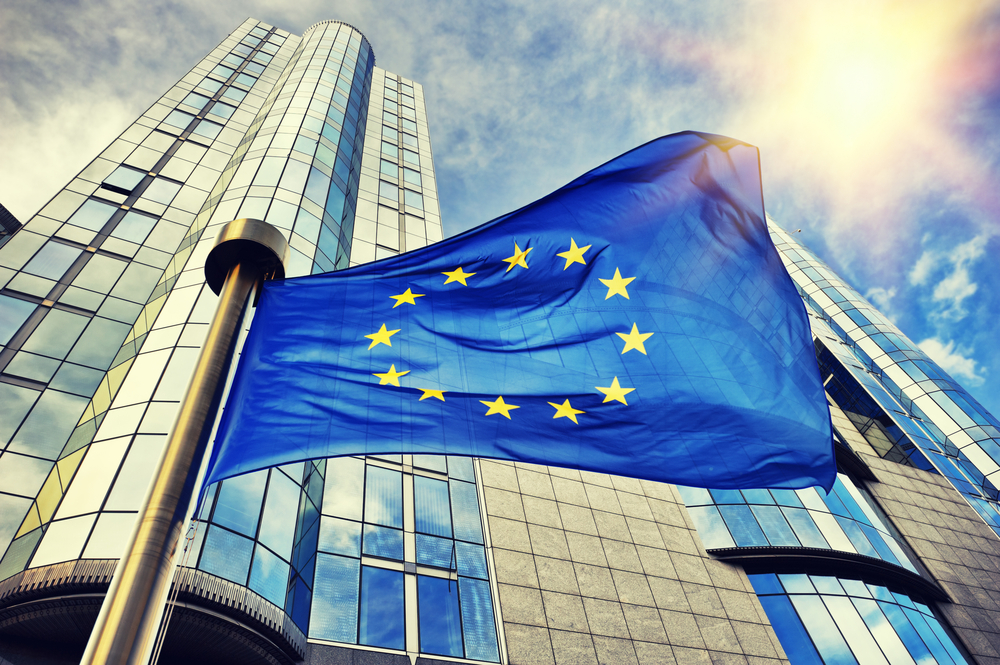Leading executives from more than 150 major businesses, including Renault, Heineken, Airbus, and Siemens, have publicly urged the EU to reconsider its new AI regulations.
They express concern that the rules laid out in the recently approved AI Act could hinder competition and innovation within the European AI sector.
This appeal was made via an open letter addressed to the European Parliament, Commission, and member states, asserting that the AI Act may put Europe’s technological competitiveness at risk.
The Financial Times was the first to acquire the letter, which states, “As engaged stakeholders of the European economic sector, we would like to express our serious concerns about the proposed EU Artificial Intelligence (AI) Act. In our assessment, the draft legislation would jeopardise Europe’s competitiveness and technological sovereignty without effectively tackling the challenges we are and will be facing.”
On June 14, the European Parliament approved a draft of the AI Act after 2 years of deliberation and alterations surrounding relatively new large language AI models (LLMs) and foundation models like OpenAI’s GPT-4. There are still several stages to complete before the Act becomes law, which is expected to happen in 2024.
The signatories of the open letter argue that the AI Act may stifle the opportunity for Europe to remain at the forefront of technological innovation.
They express concern that the regulations are overly stringent, hindering the region’s technological aspirations rather than fostering a positive environment for AI advancement.
A key issue raised is the Act’s strict rules for generative AI systems, a category of AI models often referred to as “foundation models.” The AI Act requires AI developers to register their products with the EU, undergo risk assessments, and meet transparency requirements, including public disclosure of any copyrighted data used to train their models.
These stipulations, the companies argue, could lead to disproportionate compliance costs and liability risks, potentially pushing AI developers to exit the European market. The letter urges the EU to abandon its rigid compliance demands for generative AI models and adopt a more flexible, risk-based approach.
Jeannette zu Fürstenberg, founding partner of La Famiglia VC and one of the letter’s signatories, states: “We have come to the conclusion that the EU AI Act, in its current form, has catastrophic implications for European competitiveness. There is a strong spirit of innovation that is being unlocked in Europe right now, with key European talent leaving US companies to develop technology in Europe. Regulation that unfairly burdens young, innovative companies puts this spirit of innovation in jeopardy.”
The companies also suggest the EU establish a regulatory body of AI industry experts to oversee the Act’s application as AI technology evolves.
The EU stands firm
Dragoș Tudorache, a Member of the European Parliament who led the development of the AI Act, responded to the letter, saying, “It is a pity that the aggressive lobby of a few are capturing other serious companies. The companies who have signed the letter are reacting on the stimulus of a few, and the draft EU legislation provides an industry-led process for defining standards, governance with industry at the table, and a light regulatory regime that asks for transparency. Nothing else.”
OpenAI CEO Sam Altman previously warned of potential withdrawal from the European market if compliance with EU regulations proved untenable, but he later reassured that OpenAI has “no plans to leave.”
The AI Act takes a tiered approach, dividing AIs into different categories based on risk. That includes a completely banned “unacceptable risk” category for AIs that manipulate human behavior, jeopardize human rights, and cause direct discrimination.
We’re yet to witness whether the EU will successfully enforce the AI Act, but from GDPR, we know that substantial fines, at the least, are very possible.





